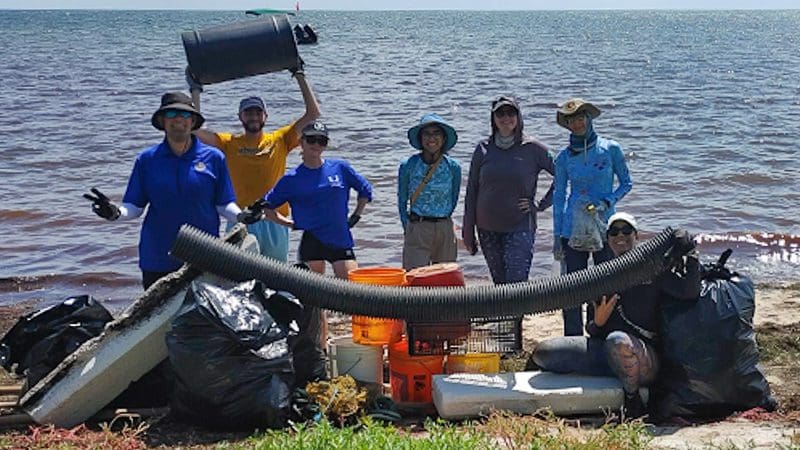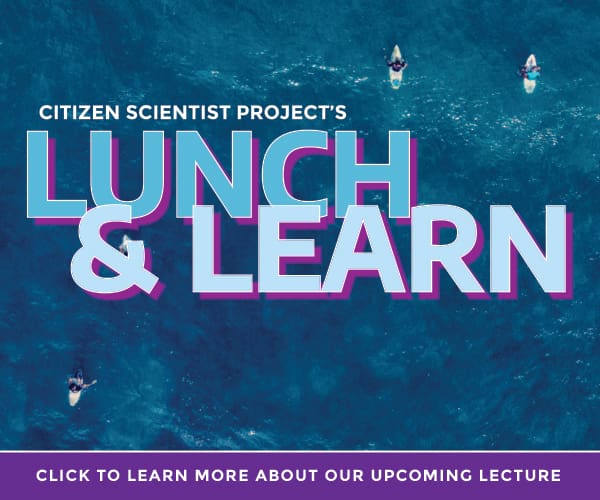OPINION
As the global population approaches eight billion, it’s become evident that we must adhere to a sustainable world model else there will be catastrophic consequences – for both people and the planet. Climate change stands at the forefront among the list of complex issues awaiting our action, yet the reluctance of world leaders to recognize the problem and act accordingly is staggering.
The scale of the issue leaves many people feeling hopeless, however there is a way you can directly control your impact on the environment – by changing your consumer behavior.
Nearly 1.7 billion people worldwide (primarily Americans and Western Europeans) belong to the “consumer class”, a group distinguished by the desire to simply own more stuff. Bigger houses, more cars, the need to have the “next best thing” and the accumulation of unnecessary goods – it is the American way. Additionally, an unprecedented rise in consumerism in developing countries is a growing cause for concern as populations skyrocket.
An annual research report conducted by the Worldwatch Institute details the detrimental impacts of our extractive lifestyle on the world’s natural resource supplies, freshwater reserves, and wildlife. According to Gary Gardner, the organization’s director of research, consumption can be linked to most environmental issues, including climate change. This puts the power in our hands as consumers to influence our environmental footprint by simply changing how much we buy and where we choose to source our goods.
One way you can drastically reduce your impact on the environment is by eating less meat and adopting a plant-based diet. Producing enough animal protein to meet current demand requires a massive amount of land, food, and water.
Forests house 80% of the world’s terrestrial species, and the beef industry is the number one driver of tropical deforestation, where land is cleared and converted to farmland at 5 times the rate of any other product. In the U.S., 75% of all croplands are used to produce animal feed.
Local news depends on community support from readers like you. Every amount helps
Switching to a plant-based diet doesn’t mean you have to give up meat entirely, but merely eating less of it – and your body will thank you too. Studies have shown that regularly consuming red meat and processed meat can increase your risk of serious health problems, including heart attack, stroke, diabetes, and cancer. If you’re looking for a place to get started, a list of my favorite vegetarian recipes can be found here.
Coming in just behind the oil industry as the world’s second largest polluter is fashion and textiles. ‘Fast fashion’ is a highly unsustainable business model that mass produces cheaply made garments designed to be thrown away once the trend has been quickly outdated.
The industry not only creates long-term environmental damage and exacerbates the effects of climate change, but it also exploits the workers who are largely invisible to consumers. Some 80% of garment workers are women of color who are forced to work in unsafe factory conditions with limited access to proper sanitation, food, potable water, and often endure gender-based violence in the workplace.
The bulk of used textiles are disposed of in the garbage, even though they can be donated or worn again. To avoid supporting fast fashion brands like SHEIN, Forever 21, and H&M, consider buying from second hand retailers like Depop, Thredup, or (my personal favorite) Goodwill! If you’re looking to buy new, source your goods from local businesses or sustainable brands that generate little to no environmental damage – examples can be found here.
If you’re reading this, you are probably a regular consumer of goods such as food, clothing, furniture, home décor, etc. – meaning you have a say in how much you buy, where it comes from, and which companies profit from your purchases.
As members of this beautiful perfect planet and global ecosystem, it is our responsibility to be stewards of the land and lessen our impact as much as we can. We live in a very critical time where our personal decisions and individual actions do make a difference, and most importantly, we have the power to shape a regenerative future.

Katie Owens
KATIE OWENS grew up in Indianapolis but spent much of her childhood in Jacksonville visiting her grandparents, where long days were spent on the beach hunting shark teeth and collecting seashells. She pursued two bachelor’s degrees at Indiana University Bloomington in environmental science & sustainability and journalism, where she was awarded Sustainability Scholar for her research project monitoring the health of IU’s tree canopy. After two years of working as a sustainability analyst for a corporate interior design firm, she decided to revert back to her love for marine ecology and enroll in the MPS program at the University of Miami Rosenstiel School where she is a current student studying coral reef ecology.


